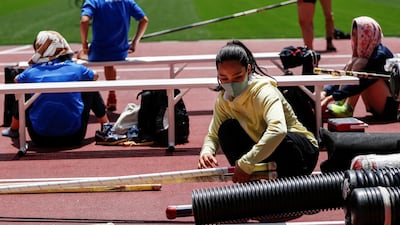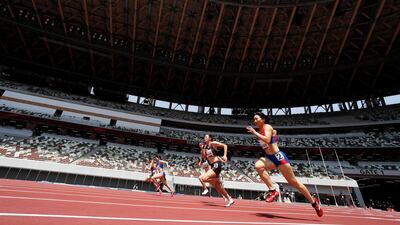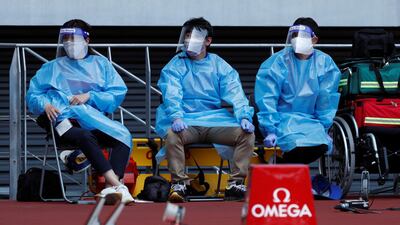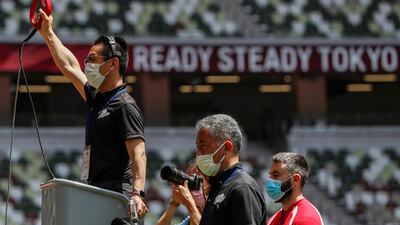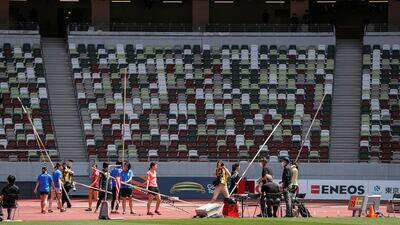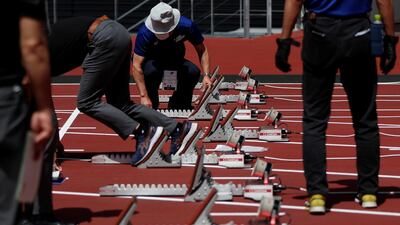A new US travel warning for Japan over virus risks will not affect this summer's pandemic-postponed Olympic Games, the Japanese government and Tokyo 2020 organisers said on Tuesday.
The US State Department advisory released on Monday urges citizens to avoid travel to Japan, where the borders are already closed to almost all foreigners.
It cites government health advice, as well as "secondary factors such as commercial flight availability, restrictions on US citizen entry, and impediments to obtaining Covid test results within three calendar days".
The advisory comes with less than two months until the opening ceremony of the Tokyo Olympics, which were postponed last year as the pandemic took hold.
Japan's government said the measure would not affect the Games.
"It is our understanding that there is no change to the US position to support Japan's effort to hold the Olympic and Paralympic Games," government spokesman Katsunobu Kato told a regular briefing.
He added that Japan had been told the decision was "not related" to the plans of the US Olympic delegation.
Tokyo 2020 organisers said they would continue to "work closely ... to ensure the safe and secure participation of all athletes in the Games."
The US Olympic and Paralympic Committee also said it remained "confident" that safety measures and frequent testing for athletes and staff "will allow for safe participation of Team USA athletes this summer."
A State Department spokesman said Washington understands "the careful considerations that the Japanese government and the International Olympic Committee are weighing as they prepare for the Tokyo Olympics this summer".
"President Biden proudly supports the US athletes who have trained for these Games and will be competing in the best traditions of the Olympic spirit," he said.
Japan has seen a relatively small coronavirus outbreak, with around 12,000 deaths overall. But the country has been battling a fourth wave of infections that prompted the government to impose states of emergency in several places including Tokyo.
The measures largely involve closing restaurants early and banning the sale of alcohol at eateries and bars.
Infection numbers are now declining in Tokyo and hard-hit Osaka, but reports suggest the emergency restrictions may still be extended for several weeks past their current May 31 expiry.
Japan's inoculation programme has rolled out slowly, with just two per cent of its population fully vaccinated so far.
The government aims to finish inoculating the over-65s by late July, when the Olympics begin, but ministers say the Games do not figure in their rollout schedule, and no date has been announced for other age groups.
Public opinion in the country is still largely opposed to holding the Olympics this summer but organisers say the event can be held safely.
The majority of athletes and others staying in the Olympic village will be vaccinated before they enter Japan, even though inoculation is not required to participate.

